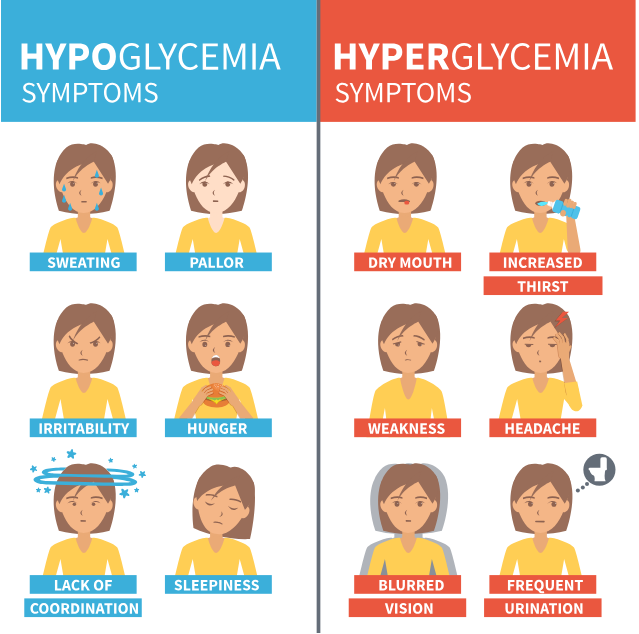A nurse is teaching a client who has difficulty chewing due to ill-fitting dentures. Which of the following foods should the nurse recommend for the client?
Scrambled eggs
Tuna fish
Roast beef
Apple slices
The Correct Answer is A
Choice A reason: Scrambled eggs are a good food choice for a client who has difficulty chewing due to ill-fitting dentures because they are soft, moist, and easy to swallow. Scrambled eggs also provide protein, iron, and vitamin B12 for the client.
Choice B reason: Tuna fish is not a good food choice for a client who has difficulty chewing due to ill-fitting dentures because it may contain bones, skin, or scales that can cause discomfort or injury to the gums or mouth. Tuna fish should be avoided or checked for bones and skin before consuming.
Choice C reason: Roast beef is not a good food choice for a client who has difficulty chewing due to ill-fitting dentures because it is tough, dry, and hard to chew. Roast beef can cause pain, fatigue, or choking for the client who has ill-fitting dentures. Roast beef should be avoided or cut into very small pieces and moistened with gravy or sauce before consuming.
Choice D reason: Apple slices are not a good food choice for a client who has difficulty chewing due to ill-fitting dentures because they are crisp, firm, and sticky. Apple slices can dislodge or damage the dentures or cause irritation or infection to the gums or mouth. Apple slices should be avoided or cooked until soft and mashed before consuming.
Choice E reason: Dried fruit is not a good food choice for a client who has difficulty chewing due to ill-fitting dentures because they are chewy, sticky, and sugary. Dried fruit can adhere to the dentures or teeth and cause dental caries or gum disease. Dried fruit should be avoided or soaked in water until soft and cut into small pieces before consuming.
Nursing Test Bank
Naxlex Comprehensive Predictor Exams
Related Questions
Correct Answer is A
Explanation
Choice A reason: Checking blood glucose level is an appropriate action for the nurse to take because it can help determine if the client has hypoglycemia or hyperglycemia, which are both complications of diabetes mellitus that can cause dizziness and weakness. Blood glucose level should be checked using a glucometer and compared with the normal range of 70 to 130 mg/dL before meals and less than 180 mg/dL after meals.
Choice B reason: Giving insulin injection is not an appropriate action for the nurse to take without checking blood glucose level first because it may cause hypoglycemia, which is a condition in which blood glucose level drops below 70 mg/dL and can cause dizziness, weakness, confusion, sweating, and seizures. Insulin injection should be given according to the prescribed dose, type, and schedule.
Choice C reason: Offering orange juice is not an appropriate action for the nurse to take without checking blood glucose level first because it may cause hyperglycemia, which is a condition in which blood glucose level rises above 180 mg/dL and can cause dizziness, weakness, thirst, polyuria, and ketoacidosis. Orange juice should be offered only if the client has hypoglycemia and is conscious and able to swallow.
Choice D reason: Applying cold compress is not an appropriate action for the nurse to take because it does not address the underlying cause of dizziness and weakness in a client who has diabetes mellitus. Cold compress may worsen the symptoms by reducing blood flow and oxygen delivery to the brain. Cold compress should be applied only if the client has fever, inflammation, or pain.

Correct Answer is D
Explanation
Choice A reason: Hemoglobin 16 g/dL is within the normal range for adults and does not indicate an adverse effect of TPN.
Choice B reason: Temperature 36.1°C (97°F) is normal and does not indicate an infection or inflammation, which are possible complications of TPN.
Choice C reason: Blood glucose 98 mg/dL is normal and does not indicate hyperglycemia or hypoglycemia, which are common problems associated with TPN.
Choice D reason: Weight gain of 1.5 kg (3 lB. per day is excessive and indicates fluid overload, which can result from too rapid or too high infusion of TPN. Fluid overload can cause edema, hypertension, heart failure, and pulmonary congestion.
Whether you are a student looking to ace your exams or a practicing nurse seeking to enhance your expertise , our nursing education contents will empower you with the confidence and competence to make a difference in the lives of patients and become a respected leader in the healthcare field.
Visit Naxlex, invest in your future and unlock endless possibilities with our unparalleled nursing education contents today
Report Wrong Answer on the Current Question
Do you disagree with the answer? If yes, what is your expected answer? Explain.
Kindly be descriptive with the issue you are facing.
